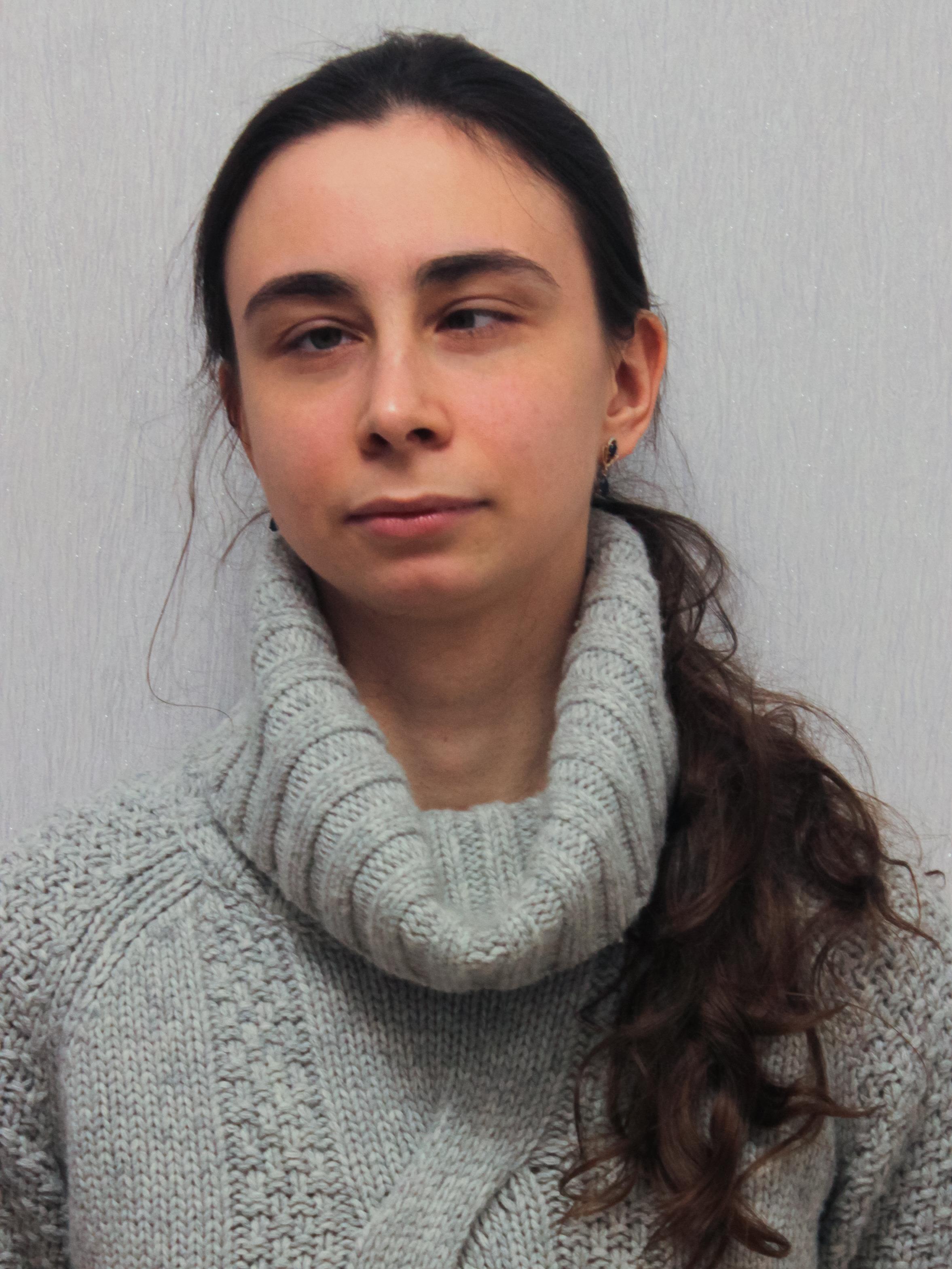Ancient Greek and Roman mythology, being an integral part of European culture, has a wide interpretive mobility and the interpretation of its imaginary system depends on cultural context. Since the Hellenistic period the process of moralization of mythological imaginary system took place and, finally, it resulted in moral emblem of 17th century. By the end of the 17th and at the beginning of the 18th century, Christian moral connotation began being overshadowed by search of historical interpretation. Initially, these attempts also were within the framework of the Christian discourse: the popularity of euhemeristic approach cannot be considered as a turning point of this process because of the highly Christian understanding of Classical Myth from this point of view. However, under the influence of the European rationalism, there were several attempts of comparative studies conducting, where Classical Antiquity was put in a par with other cultures and, therefore, was rid of the status of a figurative system, appropriated by Christianity. In the second half of the 18th century, the works by J.J. Winkelman and the articles of French enlighteners prepared the basis for understanding Ancient Greek and Roman mythology as a part of the religion, as a result of a creative work of a whole nation. Classical Antiquity began to be understood as the Other, for the study of which the existence of professional scholars was necessary. German romanticism began to look at the Antiquity within the framework of a general historical process, placing the myth on a par with national legends and developing the historical approach toward Ancient Greek and Roman mythology.
Keywords: ancient Greek and Roman mythology, moral emblem, euhemerism, romanticism, A. Banier, French encyclopedists, J.J. Winkelman, Schlegel brothers, G. Schwab, historicism
DOI: 10.22250/20728662_2022_3_111
About the author
 |
Elizaveta G. Bruk – Research Fellow, The State Museum of the History of Religion; |






